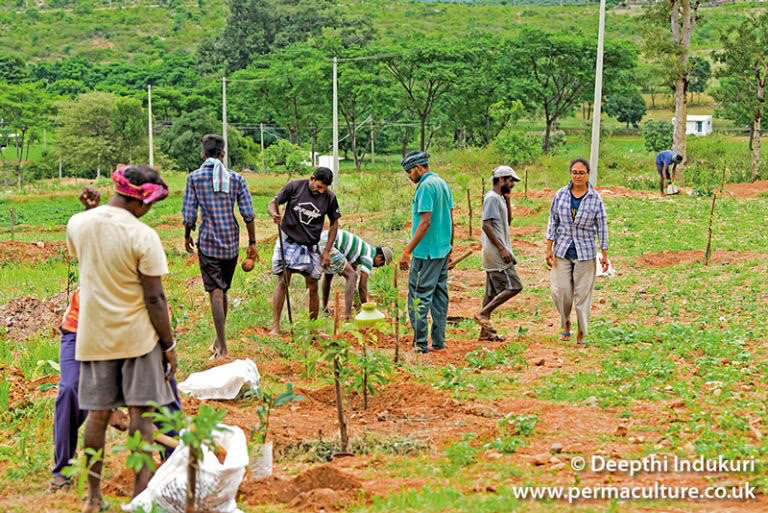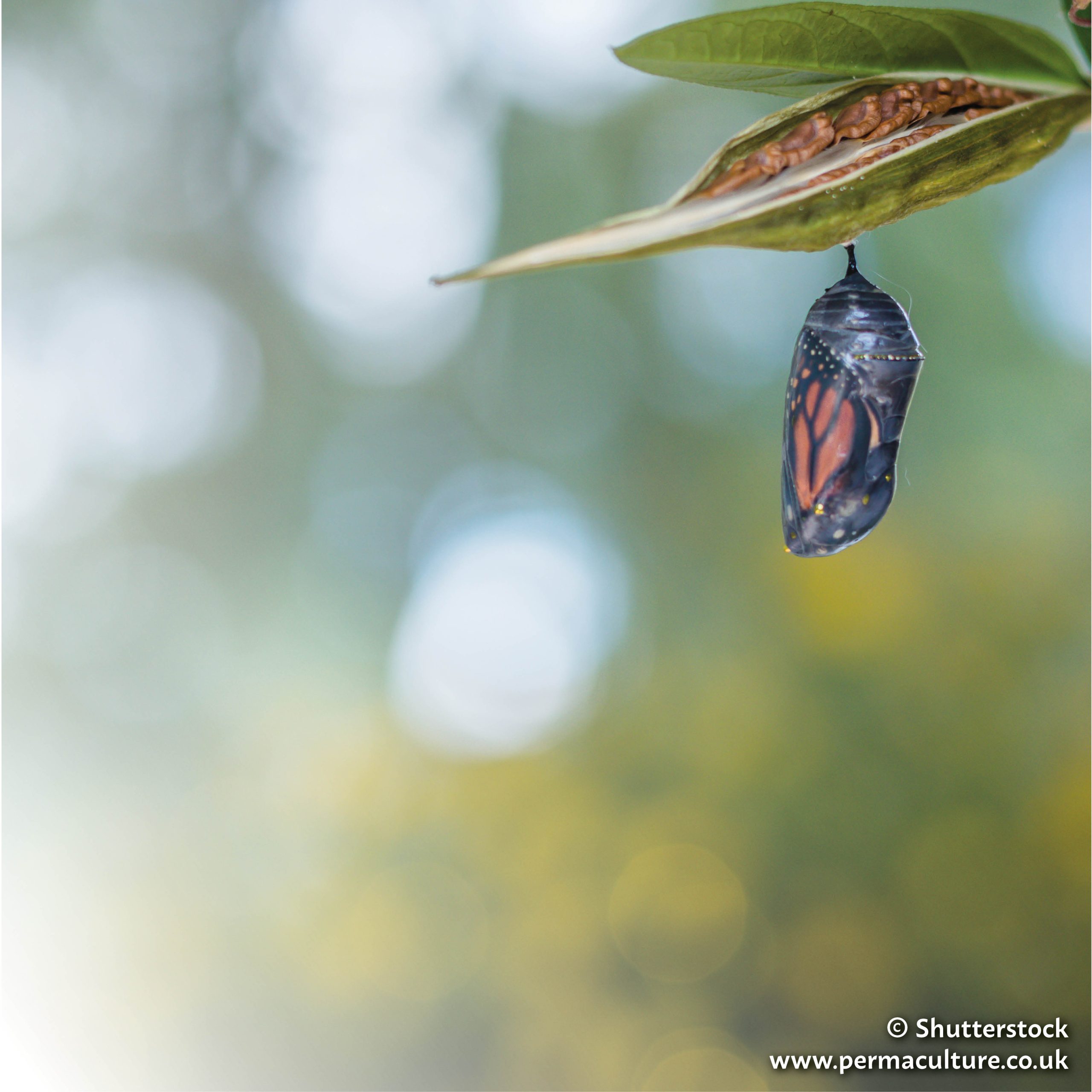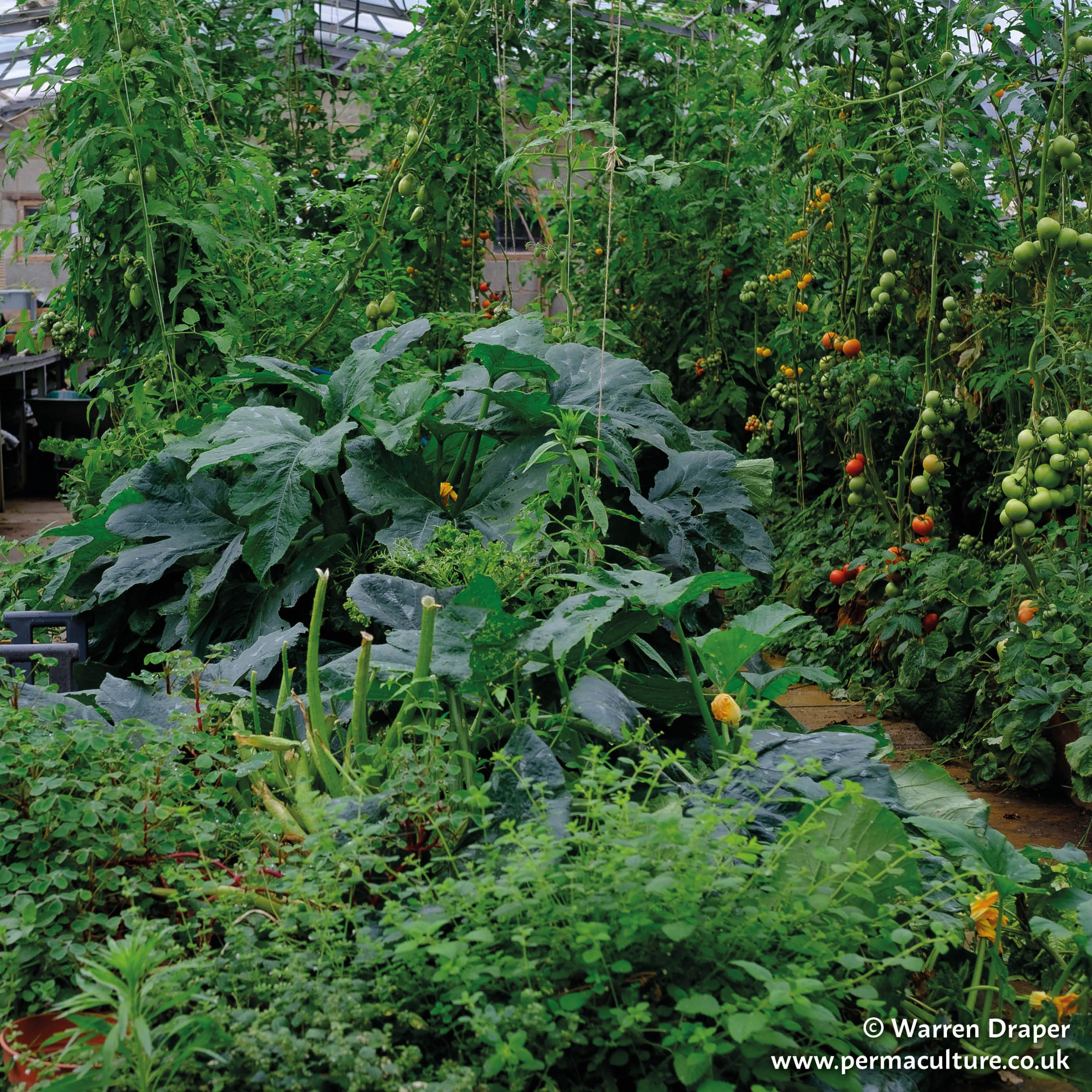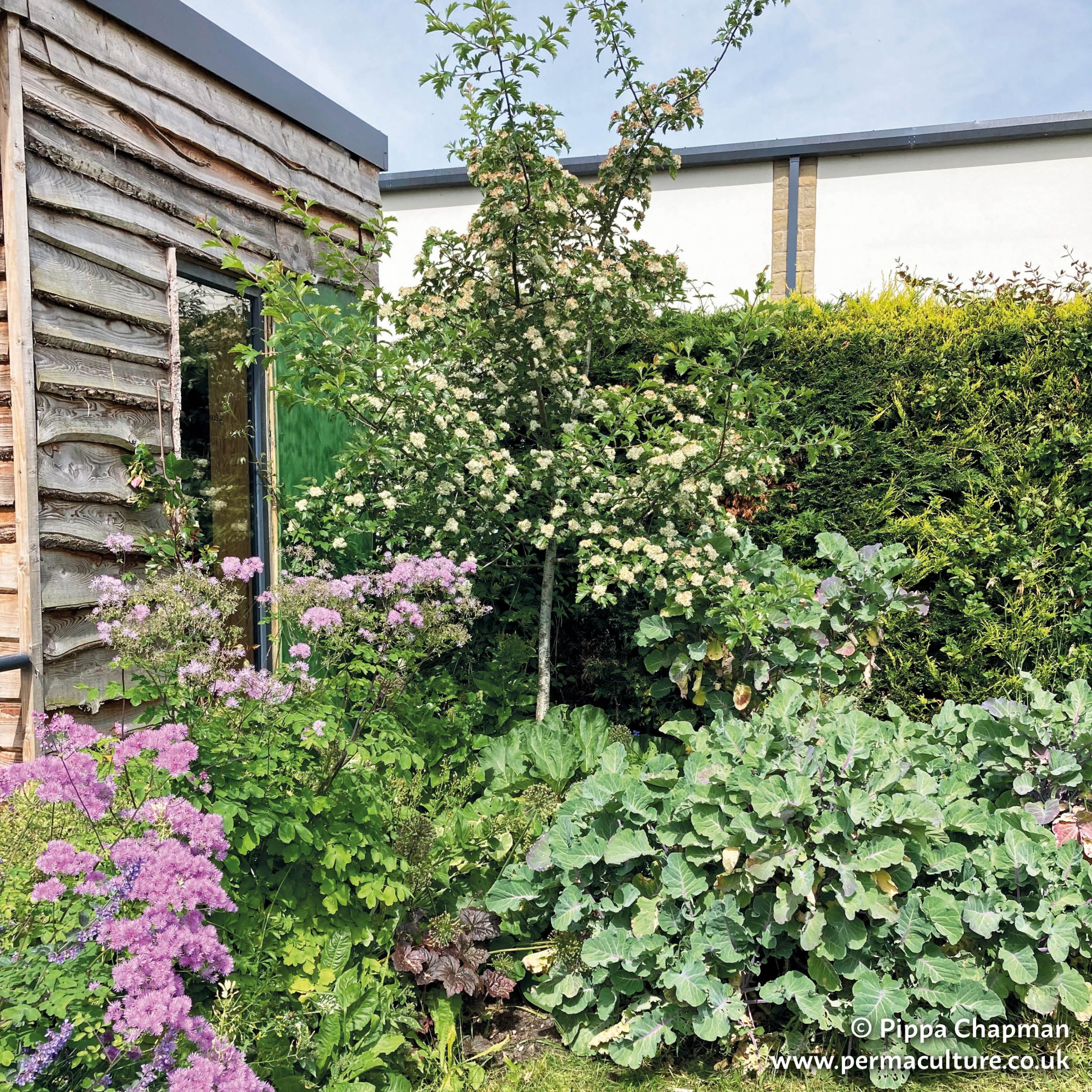The 2023 Lush Spring Prize, of £236,000, has been awarded to 17 groups celebrating the efforts of regenerative practitioners across the globe. More than £1 million has now been awarded through the Spring Prize since its inception in 2017.
To celebrate, the 2023 recipients, the judging panel, Lush staff and other guests, came together in Berlin, Germany. At least 14 different countries and five continents were represented, including three countries never before represented among Spring Prize recipients – Colombia, Nepal and Madagascar.
The Lush Spring Prize is also about connecting people, and sharing stories, knowledge and networks. The event was hosted in partnership with a Lush Socials event, which aims to bring together the Lush community to network and celebrate the company’s journey in leaving the world lusher.
All 17 recipient projects use a range of approaches that respond to global challenges and the ripple effects that are experienced locally e.g. the climate emergency, the COVID-19 pandemic and the war in Ukraine’s impact in much of the Global South.
Despite their different contexts and the diverse focus of their projects, all prize recipients share a common goal in addressing challenges holistically and regeneratively. Many of the projects are led and shaped by the communities they serve. For example, there are multiple indigenous, refugee and farmer-led organisations.
The difficult decision of which projects should be awarded is made via a deliberative process by the Spring Prize judging panel, which is made up of people drawn from a diverse range of movements that represent regenerative design, permaculture design, food sovereignty, transition towns, biomimicry, eco-village networks and various social justice movements. Each prize cycle a ‘Lush Customer Judge’ and ‘Lush Staff Judge’ are also selected to act as additional independent members of the judging panel. You can read more about the judges here: Spring Prize Judging Panel.
“When I was given the document to read over all the applications, I was incredibly overwhelmed by the sheer amount of beauty, of knowledge, of passion… Just to have such an amazing collective of humans who were all doing such amazing things around the world.” Jessielee Pearce, Spring Prize staff judge, 2023
The 2023 prizes are awarded across six categories: Intentional, Young, Established and Influence Awards, the Permaculture Magazine Award (run in partnership with Permaculture Magazine) and the Ancient and Indigenous Wisdom Award (run in partnership with Be The Earth Foundation).
The 17 prize recipients of the 2023 LUSH Spring Prize are:
| Influence Projects Award |
| European Coordination Via Campesina (Europe) www.eurovia.org |
| Rawa Fund (Palestine) www.rawafund.org |
| Established Projects Award |
| Himalayan Permaculture Centre (Nepal) www.himalayanpermaculture.com |
| Jupago Kreká Collective (Brazil) www.instagram.com/caxoxukuru |
| Young Projects Award |
| Cooperativa Agropecuaria de Servicios Tonanzintlalli (Nicaragua) https://dyasica.com |
| Organización Waorani de Pastaza (OWAP) (Ecuador) www.facebook.com/Waorani |
| Rwamwanja Rural Foundation (Uganda) https://rwamwanjarural.website2.me |
| Intentional Projects Award |
| Beejvan (India) www.instagram.com/beejvan/?hl=en |
| Mycorama (Greece) www.instagram.com/mycorama_ |
| Taniala Regenerative Camp (Madagascar) www.facebook.com/TanialaRegenerativeCamp |
| teKio (Mexico) |
| Ancient and Indigenous Wisdom Award |
| Ashiniawka – Sapara Women’s Association (Ecuador) https://ashinwaka.wordpress.com |
| Instituto Janeraka (Brazil) www.janeraka.org |
| Resguardo Indígena Musu Runakuna (Colombia) https://musuresguardo.wixsite.com/musu-runakuna/en |
| Permaculture Magazine Award |
| Sol Haven (UK) https://slhavens.co.uk |
| Tejiendo Futuros ONG (Guatemala) https://tejiendofuturos.org/en/inicio-eng |
| Unidos Social Innovation Centre (Uganda) www.projectunidos.org |
Information about all 2023 Spring Prize recipients (and the shortlist) can be found on the Spring Prize website.
Lead image: Recipients of Spring Prize 2023. Clockwise from top left: Unidos Social Innovation Centre (Uganda), teKio (Mexico), European Coordination Via Campesina (Europe), Organización Waorani de Pastaza/OWAP (Ecuador).
Examples of this year’s awarded projects include:
Himalayan Permaculture Centre (HPC) is a grassroots, permaculture-led NGO operating in remote, poor, and resource-depleted farming communities in Western Nepal. It is run by farmers from Surkhet and Humla districts.
With local communities across 31 villages, HPC runs regenerative projects with a unique cross-sector approach, integrating food security and sovereignty, health, education, livelihoods and capacity building. The result is abundant villages embracing a variety of livelihoods, culture and biodiversity, where people are not forced to leave because of poverty.
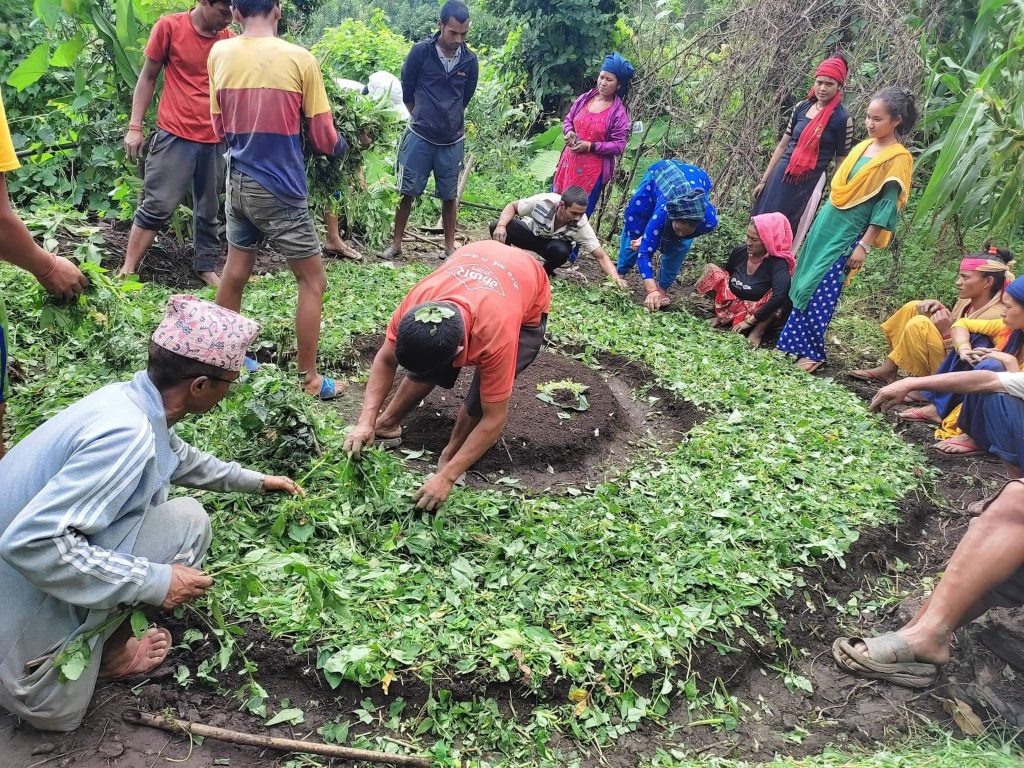
Image: Barefoot Consultant (BC) Tek B. Pun, training farmers in Lapan village to make vegetable keyhole beds; sowing a polyculture of seeds and covering with a light mulch to conserve moisture and keep weeds down.
Rawa works to advocate for and strengthen an emancipatory, resilient Palestinian grassroots social ecosystem. Envisioning a liberated, self-determined, just, and participatory society, Rawa sees intersectional grassroots communities as the key anchors for Palestinian people to access power, share resources, and uphold collective well-being and abundance.
Rawa’s pilot participatory grantmaking and holistic support model launched in 2018. Over 60 grants have been awarded to grassroots community-based initiatives across the West Bank, Jerusalem, 48 areas, and Gaza.
Cooperativa Tonanzintlalli was founded by 23 indigenous Matagalpa women to cultivate and add value to organic regenerative coffee grown under the tree canopy, in right-relationship with the land and the people in the community.
Through this project, the women are seeking to recover, promote, and defend their ecological and cultural indigenous knowledge, and their economic and political self-determination. Tonanzintlalli means Sacred Mother Earth. The cooperative is committed to upholding the rights of our Mother Earth and our sacred relationship with her and all her creatures.
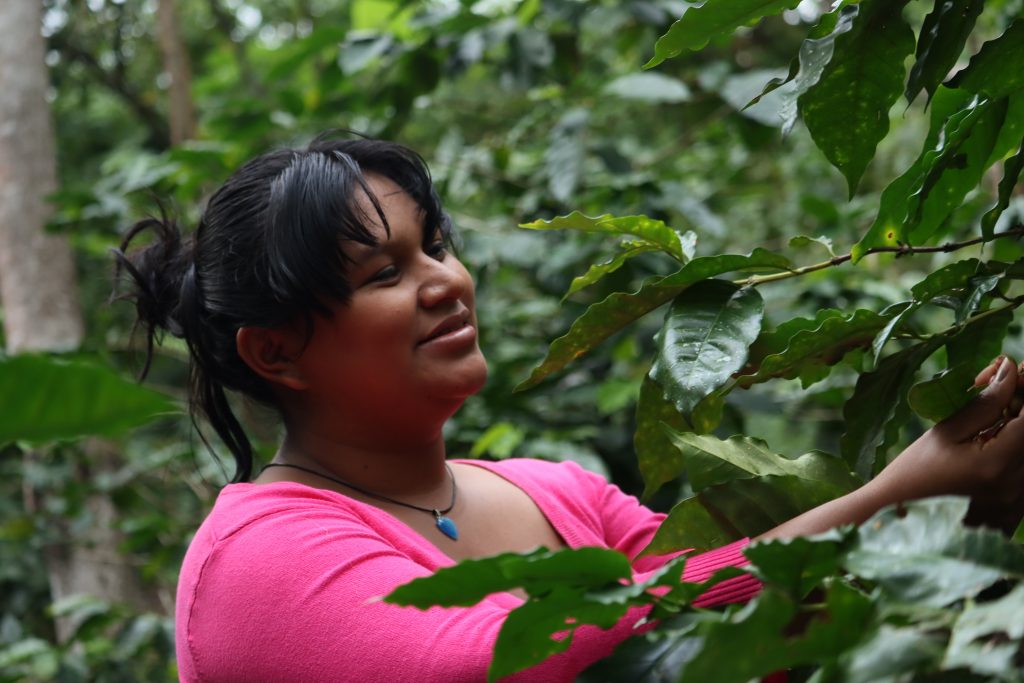
Image: Kenia Pérez from Cooperativa Tonanzintlalli harvesting shade-grown coffee.
The Taniala organisation derives its name from two Malagasy words: “Tany” which means both “earth” and “soil”; and “Ala” which means “forest”.
The Taniala Regenerative Camp promotes regenerative land use practices in Madagascar that are locally adapted, accessible and sustainable. It aims to support the forest to regenerate through sustainable agriculture techniques, and to bequeath living soil to future generations in Madagascar. The first Regenerative Camp was set up in 2022 in Lambokely, a village where migrants live after fleeing famine and drought. ‘Slash-and-burn’ cultivation is common and as a result, only 56% of forest cover remains today. Taniala aims to set up more Regenerative Camps to promote more sustainable practices in other sites.
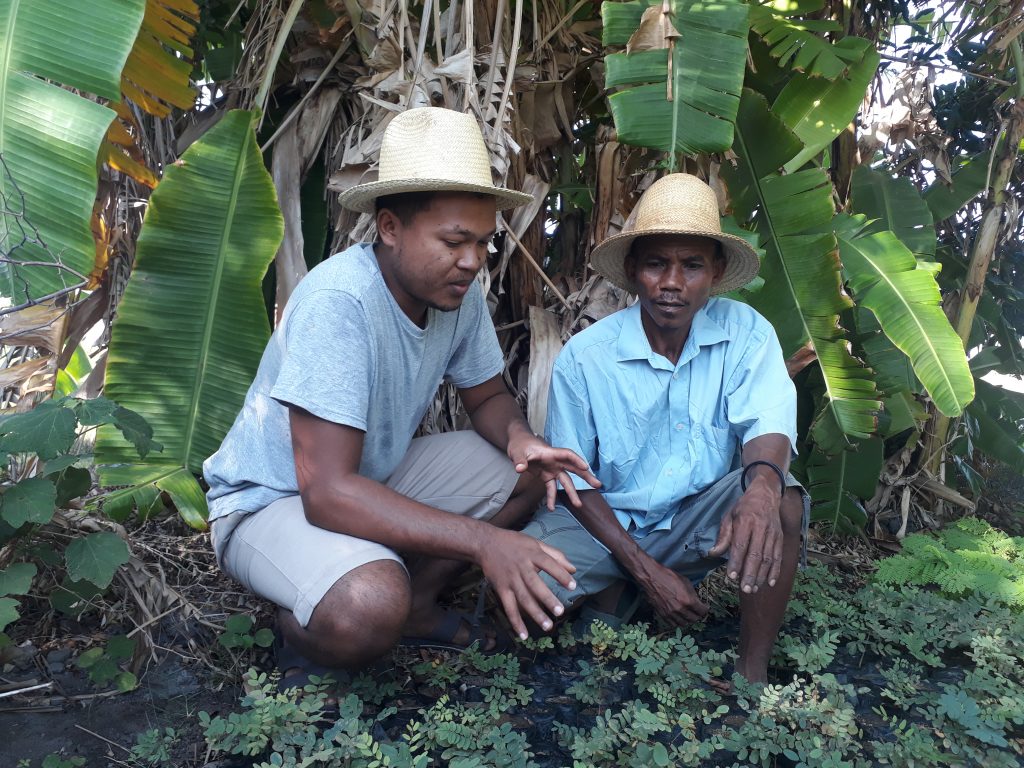
Image: Introducing farmers to the identification of legume plants and their importance. From left to right: Tahina Roland Frédéric, Bendray Zoemana.
The Janeraka Institute was born in the Amazon region, Altamira, from the Awaete ancestry in the resistance of a population with less than 50 years of contact with the global society.
Since then, the Awaete population has faced numerous psychosocial and ecological challenges, such as the consequences of genocide and ethnocide since the first contact. These challenges have only increased with the construction of hydroelectric power-plants and mining activities; culminating in some of the worst deforestation in the world and threatening the existence of the water, peoples, land and forest – in the region and around the planet.
Community Interest Company (CIC) Sol Haven started in January 2018, drawing on the founders’ shared passion for sustainable agriculture and personal experiences of homelessness.
Its vision is to create a blueprint for sustainable permaculture care hubs across the UK that are a showcase for rural arts and crafts while providing a sustainable local source of food. More widely, the project seeks to explore, develop and create a practical environment that can be used to determine a better today and brighter tomorrow.
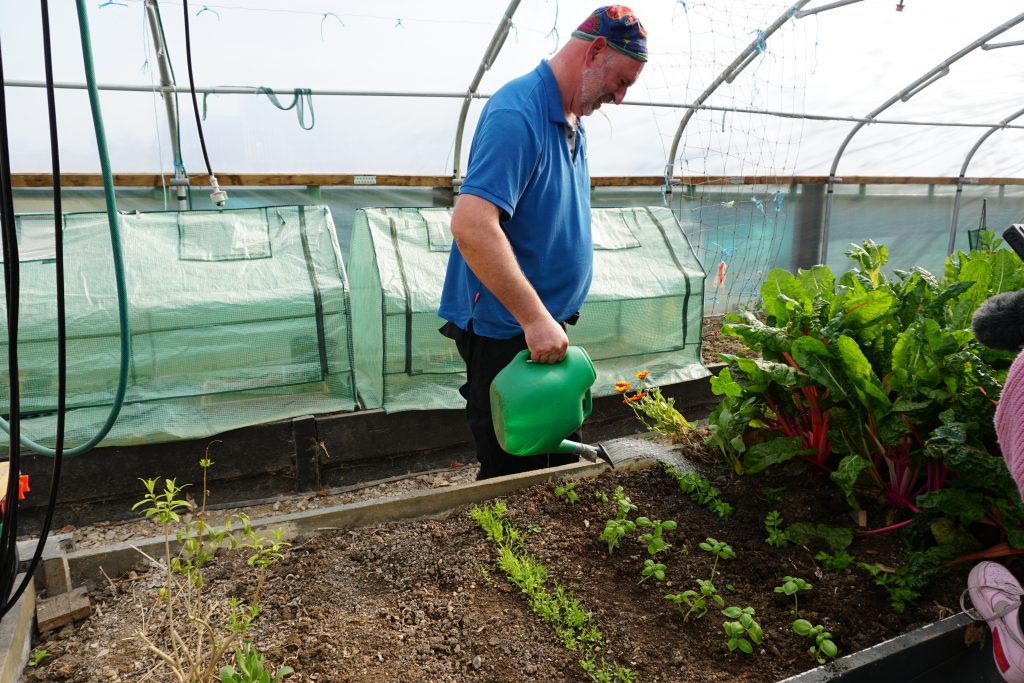
Image: Sol Haven founder Sammuel Yisrael watering in their polytunnel.
The LUSH Spring Prize is a joint venture between LUSH Cosmetics and Ethical Consumer and is now in its fifth prize cycle, having started in 2017. At the end of the 2023 prize cycle, the Spring Prize will have distributed more than £1 million to regenerative projects worldwide.
The LUSH Spring Prize was set up to support ‘regenerative’ projects – those that go beyond sustainability by taking holistic approaches to building the health of ecology, economy and social systems. It seeks to support those who are leaving the world lusher than they found it, and are actively restoring all the systems they are part of.
By supporting regenerative projects the Spring Prize hopes to raise the profile of the movement as a whole to inspire more individuals, groups, communities, funders, media platforms and businesses to start engaging with regenerative processes.
Be The Earth Foundation and Permaculture Magazine have partnered with the 2023 Lush Spring Prize to add two collaborative prizes: The Ancient and Indigenous Wisdom Award for the second year running and the Permaculture Magazine Award. Both are separately funded or co-funded and have their own judging panel.
Ancient and Indigenous Wisdom Award
Run in partnership with Be The Earth Foundation, this award seeks to recognise and celebrate ancient knowledge and wisdom. In a world shaped by (historic and current) oppressive colonial and patriarchal structures, this award honours the necessity and relevance of traditional and ecological knowledge, as well as ancestral and indigenous nature-based practices. Prize recipients will share an amount of £21,000, provided by Be The Earth Foundation and LUSH.
Permaculture Magazine Award
Run in collaboration with the Permaculture Magazine, this award is for individuals, communities, businesses, groups and organisations that can demonstrate inspirational permaculture work over three years or more. Prize recipients will share an amount of £15,000. It is looking for permaculture projects that are regenerating damaged land; enhancing habitat and biodiversity; helping people to gain practical and community skills; adding value to produce and developing local economies; building community, creating social glue and greater economic resilience; modelling new ways of cooperating and new cultural paradigms.
Alongside the peer-to-peer learning event and prize ceremony, shortlisted groups and prize recipients often continue their relationship with Lush, Ethical Consumer, media partners and fellow regenerative projects in other ways. For example, regenerative farming communities have sold surplus produce to Lush to use in their products; nRhythm and LUSH have offered 25 subsidised places on nRhythm’s 2023 Regenerative Design Labs; a regional event was held in East Africa to support further networking and skill sharing amongst projects, and some projects have written articles for Ethical Consumer Magazine. A couple of new collaborative projects have also emerged over the years: Regenerosity and Re-Alliance.
Regenerosity is a partnership between the Lush Spring Prize and the Buckminster Fuller Institute’s (BFI) Fuller Challenge, and other partners. It’s driven by the inspiration of seeing the thousands of applicants from across the world doing the planet’s most important work of regeneration. Regenerosity welcomes all shortlisted Spring Prize applicants, with their consent, into a network that aims to source further funding and resourcing for them. Regenerosity connects regenerative projects to funders, and also flows funds through from generous donors. In doing so, it aims to move as much capital as possible over the next ten crucial years in support of the regenerative movement. www.regenerosity.world
Re-Alliance is a network of regenerative practitioners working in the humanitarian and development sectors. Re-Alliance asks the question, how can we create resilience and abundance, even in times of crisis? The organisation acts as a network convener for grassroots practitioners, and also has been contracted by several humanitarian agencies to host Permaculture and Regeneration capacity building programmes, and peer-to-peer learning sessions. www.re-alliance.org
The Prize is funded by Lush, a campaigning company with over 900 shops spanning 48 countries. Lush has provided funding for regenerative projects through grant programmes like the Re:Fund (Regeneration Fund) since 2010. www.lush.com
The Prize is coordinated by Ethical Consumer, a non-profit multi-stakeholder co-operative based in Manchester, UK. Ethical Consumer’s research and publishing seeks to challenge corporate mis-power and supports consumer power to generate positive impacts for the environment, people, animals and society. www.ethicalconsumer.org
